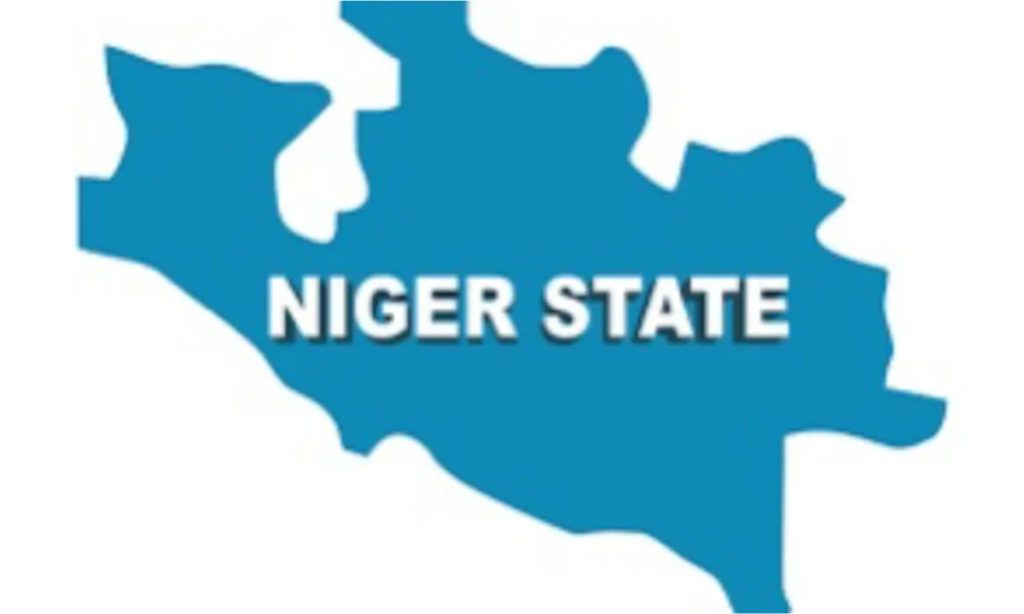Former Nigerian Senator Ibrahim Musa, known for his close ties to ex-President Muhammadu Buhari, has passed away at age undisclosed, Niger State authorities confirmed Thursday. The onetime Niger North Senatorial District representative died in Abuja following a brief illness, leaving behind a record of public service spanning Nigeria’s legislative and political spheres.
Musa rose to prominence as a member of the Congress for Progressive Change (CPC), the party founded by Buhari prior to its 2013 merger into Nigeria’s ruling All Progressives Congress (APC). He represented Niger North in the Senate from 2011 to 2015, aligning closely with Buhari’s policies during a pivotal era in Nigerian politics marked by security challenges and economic reforms.
Niger State Secretary to the Government Alhaji Abubakar Usman described Musa as a “dedicated servant” in an official statement. “His contributions to legislative processes and grassroots development initiatives impacted countless lives,” Usman said, noting the government’s condolences had been extended to the late senator’s family and constituents. While the exact nature of Musa’s illness remains undisclosed, officials emphasized his death followed a short health battle.
Political analysts recall Musa’s tenure as a period of intensified advocacy for agricultural investment in Niger State, a region grappling with food insecurity and climate-driven displacements. His alignment with Buhari—who governed Nigeria from 2015 to 2023—strengthened federal attention on infrastructure projects in the state, though critics occasionally cited gaps in legislative oversight during his term.
Tributes poured in Thursday from colleagues who praised his consensus-building approach, with one former Senate peer calling him “a bridge between Nigeria’s political generations.” Musa’s passing marks the latest loss among CPC-era figures, reigniting discussions about the party’s influence on modern Nigerian governance.
Funeral arrangements, consistent with Islamic rites, are underway in his hometown, though no dates have been formally announced. As flags fly at half-mast in Niger’s capital Minna, residents recount Musa’s efforts to mediate communal conflicts—a legacy underscoring the complex role of regional lawmakers in Africa’s most populous nation.
